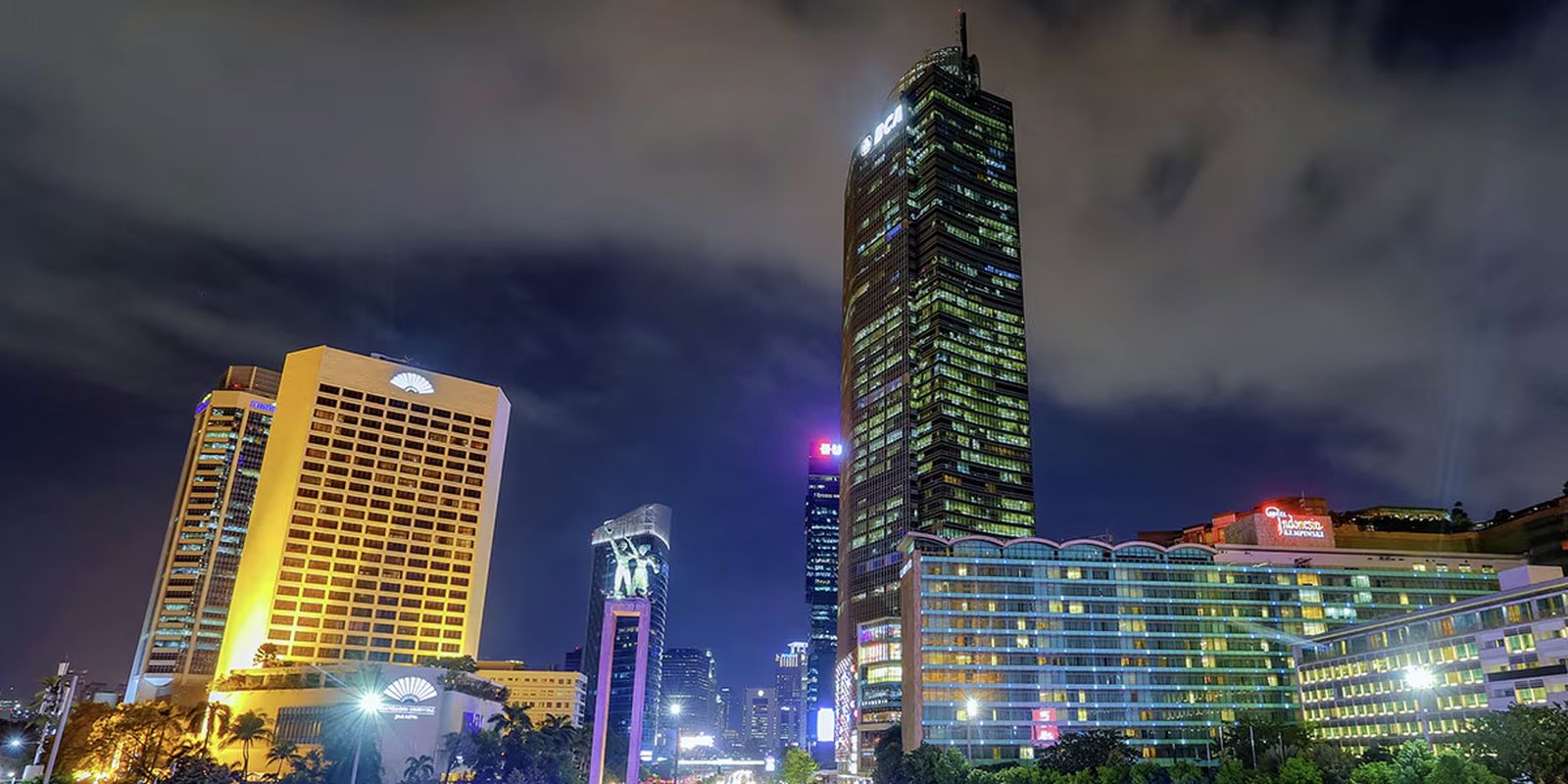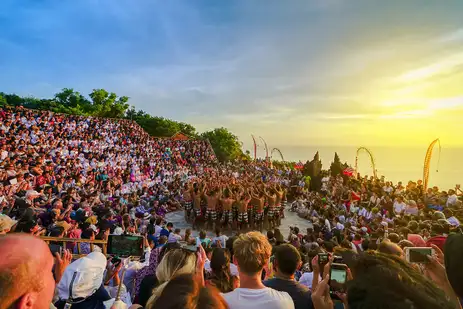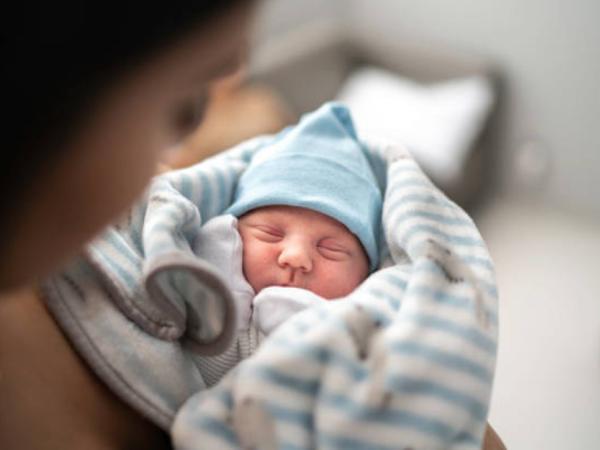This week, Brics started to count Indonesia among the bloc’s full members. The archipelago country is made up of 17 thousand islands and is famous for its beaches and tourism.
The nation has the fourth largest population on the planet and the eighth largest economy in the world, considering the purchasing power parity (ppc) of currencies, being one of the fastest growing countries in Asia and which has reduced poverty in recent years.
Analysts consulted by Brazil Agency claim that the entry into the transcontinental country’s Brics – as it occupies part of Asia and Oceania – is positive and expands the range of regional powers in the Global South amid the bloc’s expansion.
Furthermore, they highlight that the tradition of neutrality in Indonesia’s foreign policy reduces BRICS tensions with Western powers.
The professor of international relations at the Federal Rural University of Rio de Janeiro (UFRRJ), Ana Elisa Saggioro Garcia, assesses that Indonesia joins the bloc as an economically and politically relevant Asian regional power.
“Indonesia adds in a positive way to a more reformist Brics and with less geopolitical confrontation, as perhaps the incorporation of Venezuela would be, and as is the incorporation of Iran and other countries with a more controversial political weight”, assessed Ana Elisa.
For the researcher at the Brics Studies and Research Center, at PUC do Rio, Indonesia strengthens the prospect of making the Brics a bloc of regional powers in the Global South, “attracting partners who do not want to be in the shadow of Western countries and who intend to bet in the multipolar world. They are partners who, like Brazil, India, South Africa, Ethiopia and Egypt, do not reject the West, as is the case with Iran, but intend to make the most of being on both sides.”
The economist, doctor in international relations and CEO of Amero Consulting, Igor Lucena, also highlighted the more neutral role that the country has in external relations, with strong commercial links with Singapore, Japan and the United States (USA).
“At the same time, they are also expanding these operations with China. Indonesia is in a very similar situation to Brazil – that taking sides at a certain moment could harm its economic growth”, he explained, also remembering that the country maintains military and defense cooperation with Pacific nations, mainly Australia and New Zealand. , who “are defending that region as an area free from Chinese military advance”.
In a statement, the Indonesian government thanked Brazil and Russia for their role in joining the group, highlighting that the alliance reflects Indonesia’s increasingly active role in global issues.
“BRICS is an important platform for Indonesia to strengthen South-South cooperation, ensuring that the voices and aspirations of countries in the Global South are heard and represented in the global decision-making process,” informed the Indonesian government.
Economy
With a Gross Domestic Product (GDP) of US$1.37 trillion in 2023 (Brazil registered a GDP of US$2.17 trillion in the same year), Indonesia has almost 280 million inhabitants and a Human Development Index (HDI ) of 0.713, occupying position number 112 in the ranking of the United Nations (UN), being considered a middle-income country. Brazil has an HDI of 0.760 and occupies 89th position in the ranking.
Economist Igor Lucena highlighted that Indonesia, despite being well known for tourism, especially for the beautiful beaches on the island of Bali, has a more diversified economy than Brazil, with more than 40% of GDP in the industrial sector, with a strong participation of footwear, steel, automobile and parts sectors.
“Indonesia has a large consumer market for Brazilian products and is a key nation in Asia. This is perhaps one of the main additions of the BRICS, also remembering that Indonesia is a democratic nation with a presidential republic model. Jakarta, its capital, is an extremely economically thriving city”, he highlighted.
In 2023, Brazil represented 2.2% of the country’s total imports, ranking it as the 11th most important nation for Indonesian imports.
Brazilian exports to Indonesia totaled US$4.1 billion, placing the Asian country as the 14th most important destination for Brazilian products, according to data from Apex Brasil.
Brazil exports mainly agricultural products to Indonesia, totaling 93% of products in 2022, mainly soybean meal, sugar, cotton, wheat and beef.
For specialist Igor Lucena, Indonesia’s entry into the bloc “may be the most important door for Brazil to enter Southeast Asia and reduce its economic dependence, for example, on exports to China”.
Over the past three years (2022 to 2024), Indonesia has recorded GDP growth of 5.1% on average, according to official sources. A former Dutch colony for more than three and a half centuries, Indonesia gained its independence in 1949 after a bloody armed conflict against the European colonizer.
Brics expanded
Brazil assumed the presidency of BRICS this year amid the expansion of the blochaving announced Indonesia’s accession. The expectation is that nine countries will formally join the BRICS this year, including Cuba, Bolivia, Malaysia and Thailand.
In all, 13 countries were invited to enter the block. Nigeria, Türkiye, Algeria and Vietnam are also expected to confirm their participation.
In 2024, the bloc had already received five new effective members, reaching ten countries. Until then made up of Brazil, Russia, India, China and South Africa, last year the Brics included Iran, the United Arab Emirates, Egypt, Ethiopia and Saudi Arabia. Saudi Arabia, despite not having signed to join the group, has participated in all meetings


















